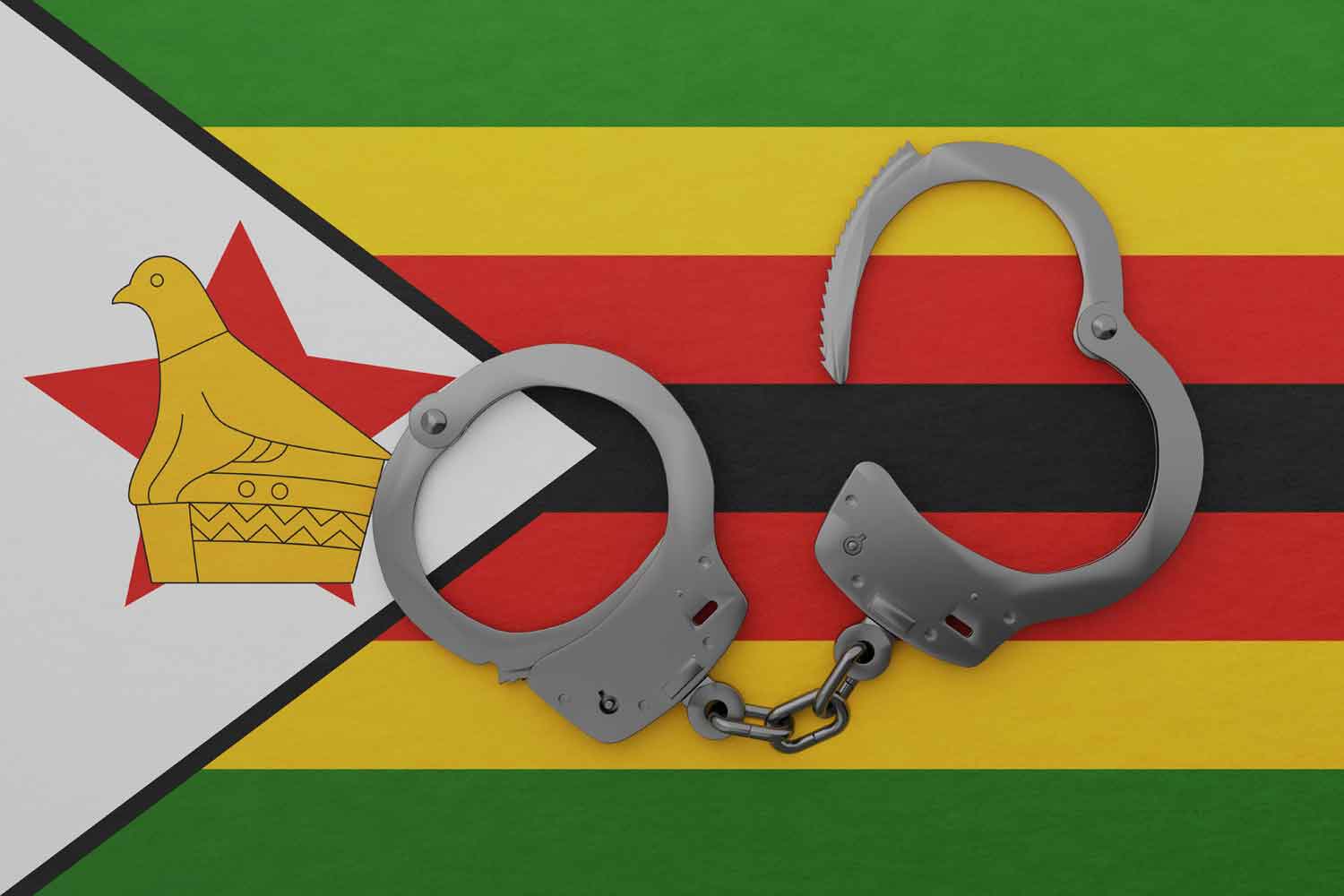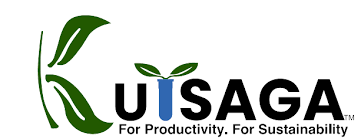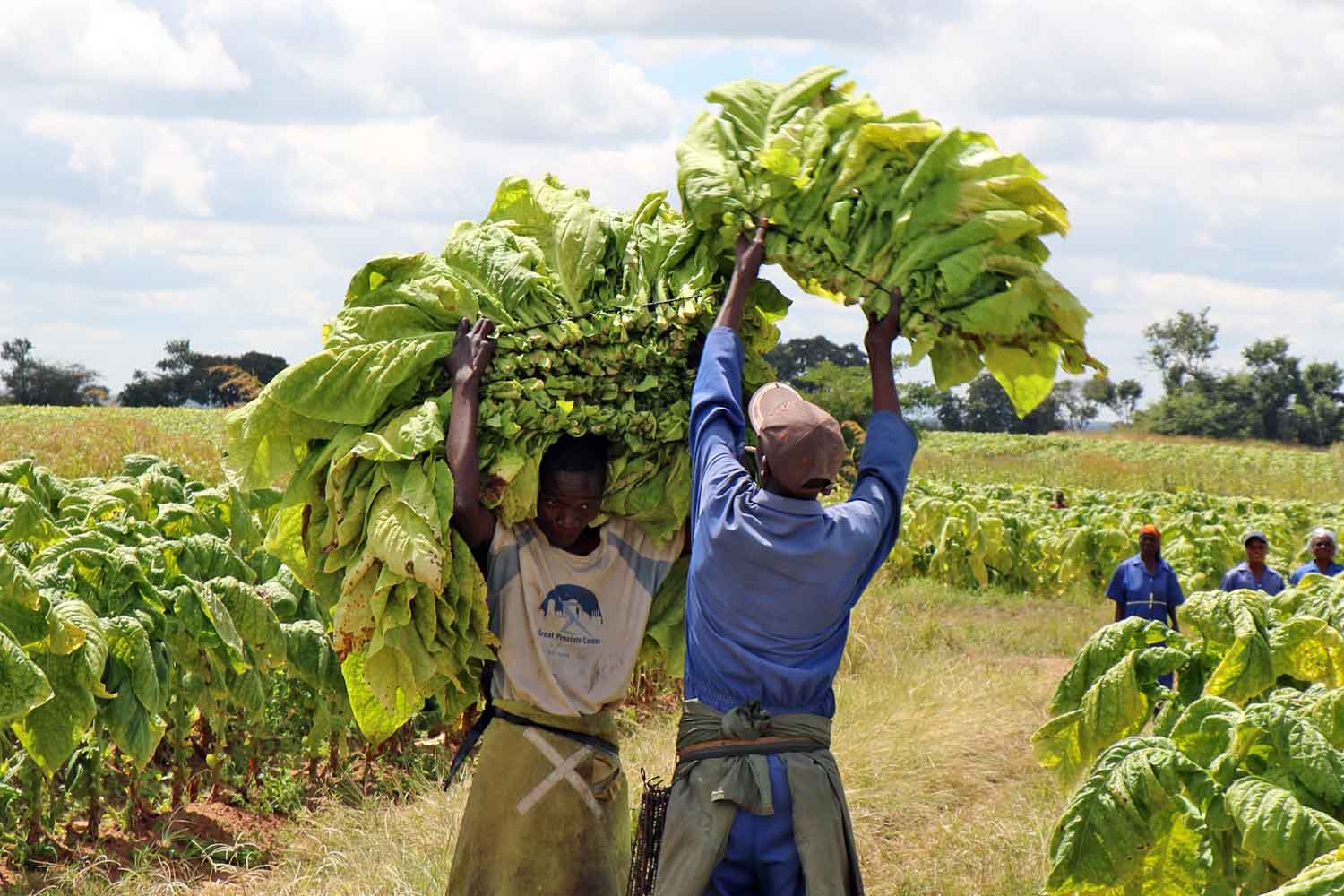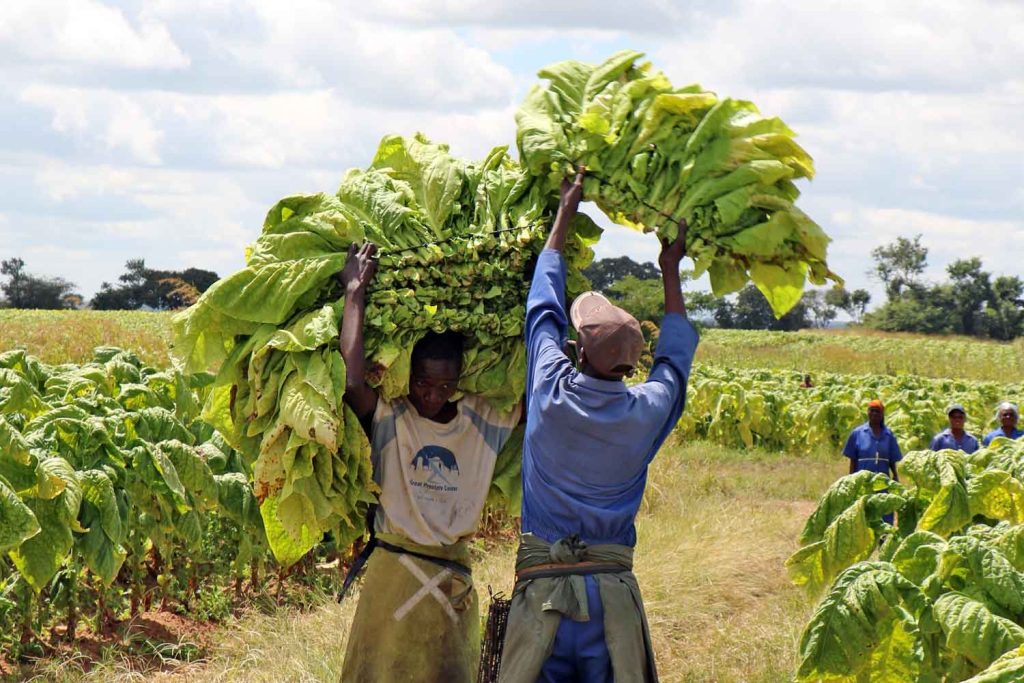Two weeks after topping 300 million kilograms of tobacco output for the first time, officials in Zimbabwe say this year’s crop should top 330 million kg, and that achieving 400 million kg in the future is within reach. According to the Tobacco Industry and Marketing Board, on June 27, the harvest reached 319.2 million kg.
Driving the surge is a sharp increase in “smallholder” participation, government-led reforms, and research-driven innovations. More than 127,000 farmers, 85% of them smallholders, are registered this season, which ensures access to inputs, training, and markets.
Dr. Frank Magama, CEO of Kutsaga, Zimbabwe’s leading tobacco research institute, credited the Tobacco Value Chain Transformation Plan introduced in 2021 for boosting productivity through better farming practices, climate-smart seed varieties, and sustainability initiatives.
“Over 80% of our crop was produced under contract, ensuring inputs, technical support, and guaranteed markets,” Magama said. “While expansion has occurred, what is more exciting is the productivity increase per unit area. With improved post-harvest handling, energy-efficient barns, and better training, the numbers are speaking for themselves.”
He also warned, however, of the risks from global oversupply and stressed the importance of environmental compliance to maintain competitiveness.





